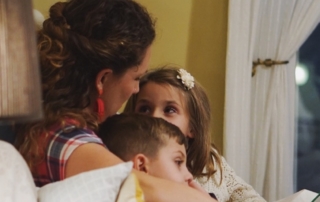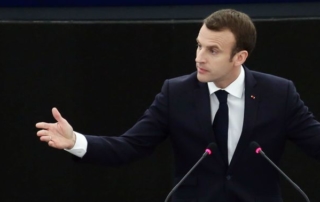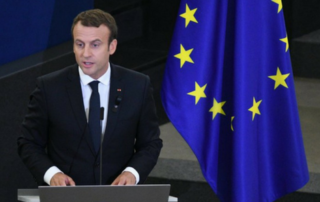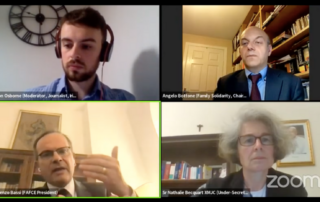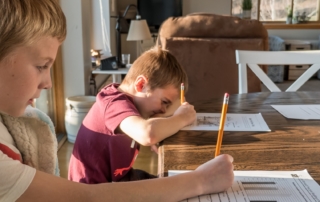Latest News
The European Parliament recalls the heavy work of caregivers during the pandemic and their risk to poverty
22nd of February 2022, Last week, the European Parliament adopted two resolutions on the difficult consequences of the pandemic on European families. The texts stressed the obstacles faced by caregivers, especially mothers, in the workplace, and the rise in
PRESS RELEASE: FAFCE’s Open Letter to French President Emmanuel Macron: “Are we still free to protect life?”
Brussels, the 21st of January 2021 The President of FAFCE, Vincenzo Bassi, and its Honorary President, Antoine Renard, sent an open letter to French President Emmanuel Macron, in reaction to his speech to the European Parliament this week. The
FAFCE’s Open Letter to French President Emmanuel Macron: “Are we still free to protect life?”
Brussels, 21 January 2022 Dear Mr. President, Following your speech at the European Parliament on the occasion of the start of the French Presidency of the Council of the European Union, we would like to express our concerns about
Where is the family in the priorities of the 2022 EU French Presidency?
Brussels, 6 January 2022 The French Presidency of the Council of the European Union started on the first of January 2022, and will last until June 2022. It is the fourth time France takes the President of the Council,
FAFCE Christmas Newsletter | We wish you a Merry Christmas! ✨
22 December 2021, Dear Readers, Dear Friends of FAFCE, First of all, I would like to wish you all a Merry Christmas. At a time when many speak about inclusiveness, we want to share with every person the joy
The Council of Europe condemns the harmful impacts of pornography
22 December 2021, On the 16th of November 2021, the Parliamentary Assembly of the Council of the Europe adopted a Resolution on the "Gender aspects and human rights implications of pornography", stressing the harmful impacts of pornography on women.
FAFCE joint Webinar on Family and Solidarity: “Synodality is in the DNA of the family”
21 December 2021, On the 9th of December 2021, FAFCE organised, jointly with its Irish member, Family Solidarity, a Webinar on "Family and Synodality: a call for participation", following the opening of the Synod earlier this October. Angelo Bottone,
The European Parliament recognises the complementary role of parents in the education of children
9 December 2021, On November 11th, the European Parliament adopted a Resolution on “The European Education Area: a shared holistic approach”, providing several guidelines to tackle the educational challenges in Europe since the start of the pandemic. FAFCE welcomes
Official Launch of the Laudato Si’ Action Platform: a journey towards a true ecology of the family
7 December 2021, On November 14th, on the World Day of the Poor, Pope Francis officially launched the Laudato Si Action Platform. The Laudato Sì Action Platform (LSAP) is an online hub that collects, directs, and coordinates global and
European Day to End Child Sex abuse : FAFCE stresses the urgent need of a safer environment for children
18 November 2021 On the European Day on the Protection of Children against Sexual Exploitation and Sexual Abuse, the Council of Europe reminded the European countries of their international commitment when it comes to the fight abuse against children,

